 From life-long Republican Steve Schmidt, better known as the man who advised John McCain to select Sarah Palin as his running mate:
From life-long Republican Steve Schmidt, better known as the man who advised John McCain to select Sarah Palin as his running mate:
The two parties for a long time were not homogeneous ideologically. There were plenty of conservatives in the Democratic Party, and there were no small number of liberals in the Republican Party. Now, culturally, we’re in thrall to theocratic crackpots like Mike Huckabee and Franklin Graham and Jerry Falwell, where you’re able to justify the candidacy of a Roy Moore because you want to keep the Senate seat. The theocracy and crackpot sewer conservatism has taken over.
That’s not to mention the baby internment camps, the indecency, the cruelty, the meanness, the lying, the complicit nature of this Republican majority with an attack on the country that’s launched by the Russian Federation. So the Republican party of Teddy Roosevelt and John McCain and Ronald Reagan and George W. Bush is dead. It’s over. It doesn’t exist . It has been taken over, lock, stock, and barrel. For there to be any redemption of a right of center conservative party in the United States of America means the party of Trump must be destroyed politically.
It’s like a fire. Fires are a part of the ecosystem, part of the natural progress. And when the forest burns, it’s purified. There can be new growth. For there to be new growth of a conservative movement, of a right center party, the one that I joined in 1988, it needs to burn to the ground.”
From conservative columnist Michael Gerson in The Washington Post:
“In November, many Republican leaners and independents will face a difficult decision. The national Democratic Party under Nancy Pelosi and Charles E. Schumer doesn’t share their views or values. But President Trump is a rolling disaster of mendacity, corruption and prejudice. What should they do?
They should vote Democratic in their House race, no matter who the Democrats put forward. And they should vote Republican in Senate races with mainstream candidates (unlike, say, Corey Stewart in Virginia).
If Democrats gain control of the House but not the Senate, they will be a check on the president without becoming a threat to his best policies (from a Republican perspective) or able to enact their worst policies. The tax cut will stand. The Senate will still approve conservative judges. But the House will conduct real oversight hearings and expose both Russian influence and administration corruption. Under Republican control, important committees — such as Chairman Devin Nunes’s House Intelligence Committee — have become scraping, sniveling, panting and pathetic tools of the executive branch. Only Democratic control can drain this particular swamp.
Alternatively: If Republicans retain control of the House in November, Trump will (correctly) claim victory and vindication. He will have beaten the political performances of Bill Clinton and Barack Obama in their first midterms. He will have proved the electoral value of racial and ethnic stereotyping. He will have demonstrated the effectiveness of circuslike distraction. He will have shown the political power of bold, constant, uncorrected lies. And he will gain many more enablers and imitators.
Perhaps worst of all, a victorious Trump will complete his takeover of the Republican Party (which is already far along). Even murmured dissent will be silenced. The GOP will be fully committed to a 2020 presidential campaign conducted in the spirit of George C. Wallace — a campaign of racial division, of rural/urban division, of religious division, of party division that metastasizes into mutual contempt.
But this does not change the political and ethical reality. The only way to save the GOP is to defeat it in the House. In this case, a Republican vote for a Democratic representative will be an act of conscience.”
From conservative icon George Will, also in The Washington Post:
Donald Trump, with his feral cunning, knew. The oleaginous Mike Pence, with his talent for toadyism and appetite for obsequiousness, could, Trump knew, become America’s most repulsive public figure. And Pence, who has reached this pinnacle by dethroning his benefactor, is augmenting the public stock of useful knowledge. Because his is the authentic voice of today’s lickspittle Republican Party, he clarifies this year’s elections: Vote Republican to ratify groveling as governing.
Noting that [Joe] Arpaio was in his Tempe audience, Pence, oozing unctuousness from every pore, called Arpaio “another favorite,” professed himself “honored” by Arpaio’s presence, and praised him as “a tireless champion of . . . the rule of law.” Arpaio, a grandstanding, camera-chasing bully and darling of the thuggish right, is also a criminal, convicted of contempt of court for ignoring a federal judge’s order to desist from certain illegal law enforcement practices. Pence’s performance occurred eight miles from the home of Sen. John McCain, who could teach Pence — or perhaps not — something about honor. …
It is said that one cannot blame people who applaud Arpaio and support his rehabilitators (Trump, Pence, et al.), because, well, globalization or health-care costs or something. Actually, one must either blame them or condescend to them as lacking moral agency. Republicans silent about Pence have no such excuse.
There will be negligible legislating by the next Congress, so ballots cast this November will be most important as validations or repudiations of the harmonizing voices of Trump, Pence, Arpaio and the like. Trump is what he is, a floundering, inarticulate jumble of gnawing insecurities and not-at-all compensating vanities, which is pathetic. Pence is what he has chosen to be, which is horrifying.”
And finally (for now) from liberal blogger Kevin Drum at Mother Jones:
“Today, the Republican Party exists for one and only one purpose: to pass tax cuts for the rich and regulatory rollbacks for corporations. They accomplish this using one and only method: unapologetically racist and bigoted appeals to win the votes of the heartland riff-raff they otherwise treat as mere money machines for their endless mail-order cons. Like it or not, this is the modern Republican Party. It no longer serves any legitimate purpose. It needs to be crushed and the earth salted behind it, while a new conservative party rises to take its place. This new party should be conservative; brash; ruthless when it needs to be; as simpleminded as any major party usually is; and absolutely dedicated to making Democrats look like idiots. There should be no holds barred except for one: no appeals to racism. None. Not loud ones, not subtle ones. Whatever else it is, it should be a conservative party genuinely open to any person of any color.
… I’d like to make clear just how long this has been brewing. I know this is hardly news to anyone who reads this blog, but as I approach my 60th birthday I can say that half my life has now been marked by Rush Limbaugh, the Drudge Report, Newt Gingrich, the Vince Foster suicide, Whitewater, the Rose law firm, Filegate, the Christmas card list scandal, Fox News, Monica Lewinsky, impeachment, the Florida recount, Swift boating, the GOP’s partywide effort to suppress black votes via photo ID laws, birtherism, the unanimous Republican rejection of the 2009 stimulus, Benghazi, Emailgate, Merrick Garland, and now the endless haze of racism, bigotry, and corruption surrounding Donald Trump.
This is very much a non-exhaustive list. But every one of these things is either a baseless ‘scandal’, an example of ethical rot, or part of a deliberate media effort to lie and mislead. These are the highlights of the Republican Party over the past three decades. No political party with a rap sheet like this deserves to be walking around free.”


 Tiny figures moving about the space station as the PanAm shuttle lines up for docking, and in the moon base Clavius as the bulbous Aries transporter is lowered, like a head on a platter, into the vast underground hangar are now clearly articulated.
Tiny figures moving about the space station as the PanAm shuttle lines up for docking, and in the moon base Clavius as the bulbous Aries transporter is lowered, like a head on a platter, into the vast underground hangar are now clearly articulated.



 On social media and on the campaign trail, I see a lot of self-indulgent, self-righteous scream therapy from the left. There is a lot of snide mocking and scolding of Trump voters. Trump voters are called “stupid,” “naive,” “racist,” and worse. As Trump becomes more untruthful, unhinged and un-American by the day, frustrated progressives lash out with greater ferocity at the 46 percent of Americans who voted for Trump in 2016.
On social media and on the campaign trail, I see a lot of self-indulgent, self-righteous scream therapy from the left. There is a lot of snide mocking and scolding of Trump voters. Trump voters are called “stupid,” “naive,” “racist,” and worse. As Trump becomes more untruthful, unhinged and un-American by the day, frustrated progressives lash out with greater ferocity at the 46 percent of Americans who voted for Trump in 2016. I’m not naive about this. I understand that this messaging nuance won’t persuade every Trump voter. Nothing will persuade Trump voters who are deeply racist, closed minded, or hopelessly brainwashed by the propaganda spewed on Fox News and conservative talk radio.
I’m not naive about this. I understand that this messaging nuance won’t persuade every Trump voter. Nothing will persuade Trump voters who are deeply racist, closed minded, or hopelessly brainwashed by the propaganda spewed on Fox News and conservative talk radio.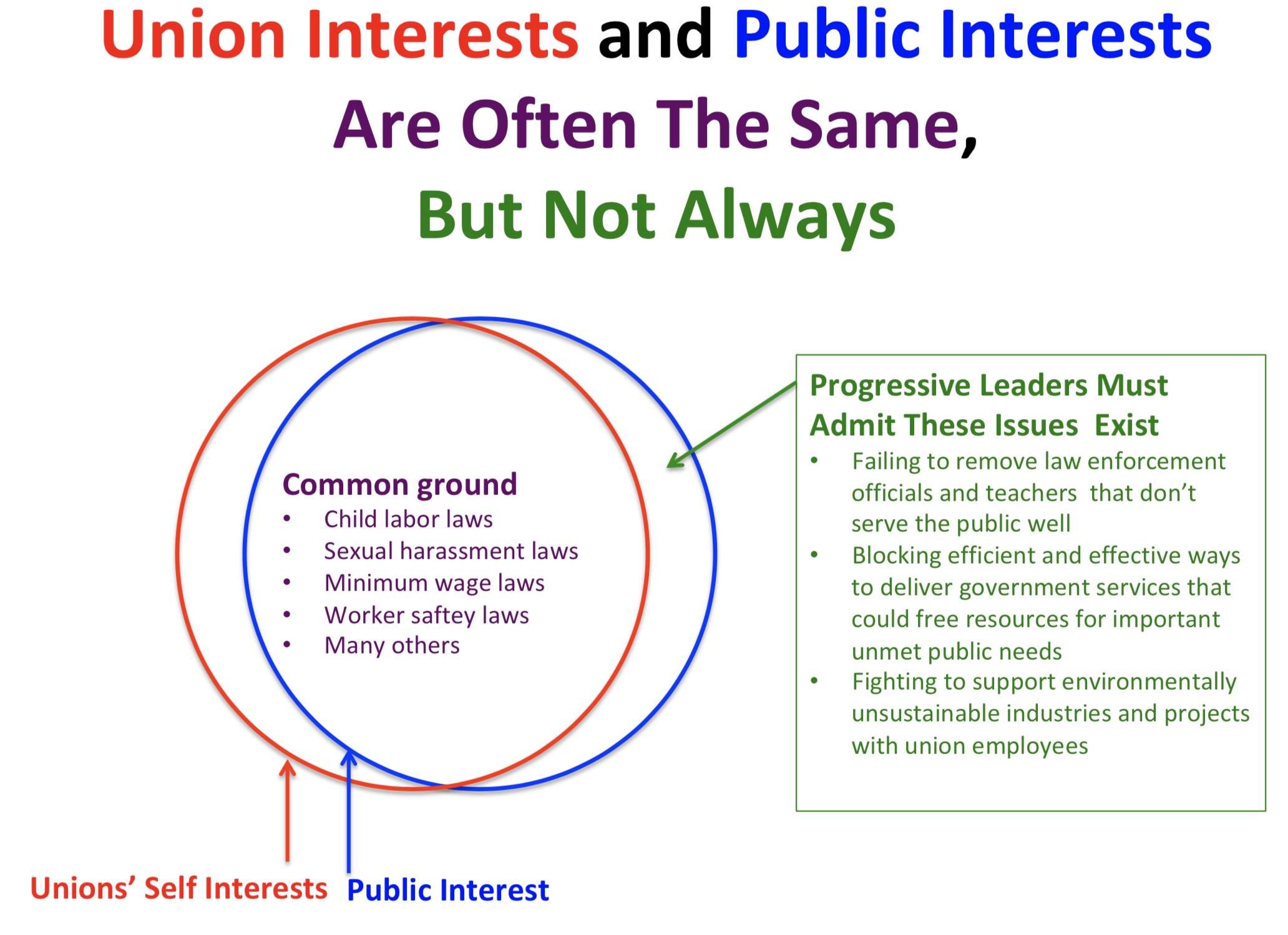
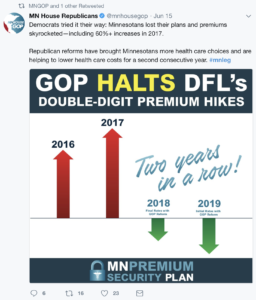 Exuberant Minnesota Republicans seem to think they have a winning health care issue for the 2018 election season–reinsurance. And they do deserve a great deal of credit for helping to enact a state reinsurance program that is reducing premiums for Minnesotans in the individual market. The individual market is for the 162,000 Minnesotans who can’t get insurance from their employer or the government.
Exuberant Minnesota Republicans seem to think they have a winning health care issue for the 2018 election season–reinsurance. And they do deserve a great deal of credit for helping to enact a state reinsurance program that is reducing premiums for Minnesotans in the individual market. The individual market is for the 162,000 Minnesotans who can’t get insurance from their employer or the government.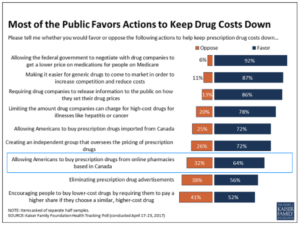 Nearly two-thirds of Americans like this idea. By an overwhelming two-to-one margin, a Kaiser Family Foundation
Nearly two-thirds of Americans like this idea. By an overwhelming two-to-one margin, a Kaiser Family Foundation 
 Unlike every other TV critic I read as I kicked around the country, Coleman was scabrously funny. He didn’t see his role as a stenographic PR desk for the “stars”, be they Hollywood sitcom starlets or local TV anchors. His job description said “critic” and he flashed that license with relish.
Unlike every other TV critic I read as I kicked around the country, Coleman was scabrously funny. He didn’t see his role as a stenographic PR desk for the “stars”, be they Hollywood sitcom starlets or local TV anchors. His job description said “critic” and he flashed that license with relish.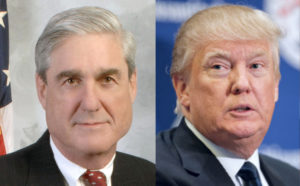
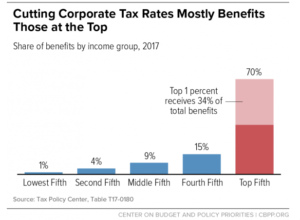 Yesterday, Minnesota House Republicans–following the lead of President Trump and congressional supporters like Representatives Lewis, Emmer and Paulsen–
Yesterday, Minnesota House Republicans–following the lead of President Trump and congressional supporters like Representatives Lewis, Emmer and Paulsen–



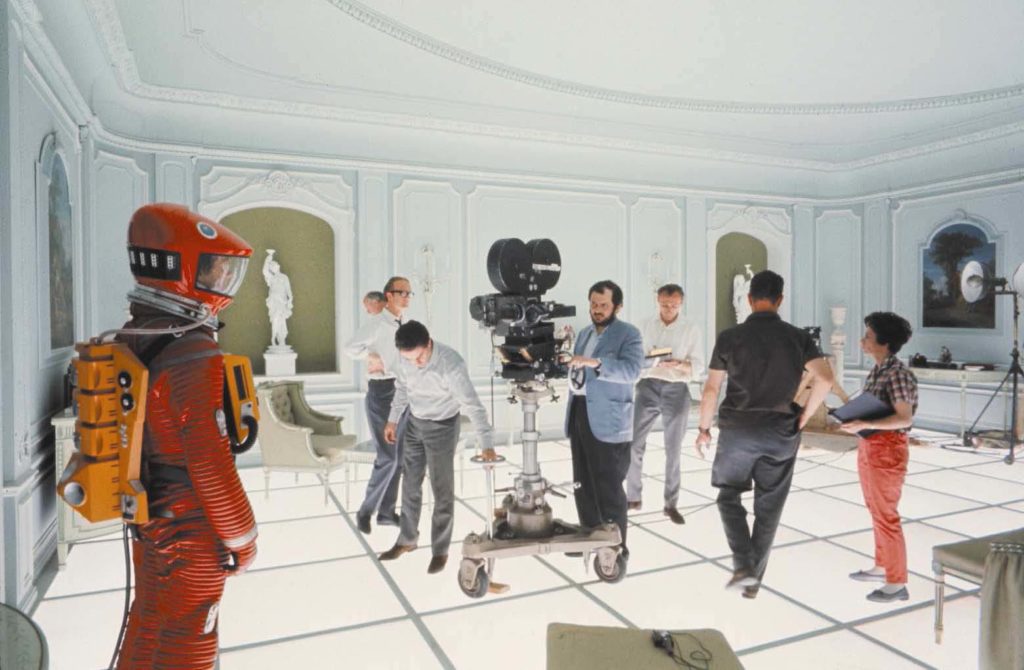
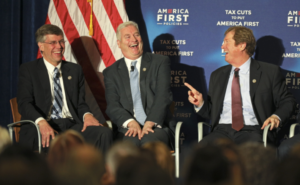 This week, statewide coverage
This week, statewide coverage 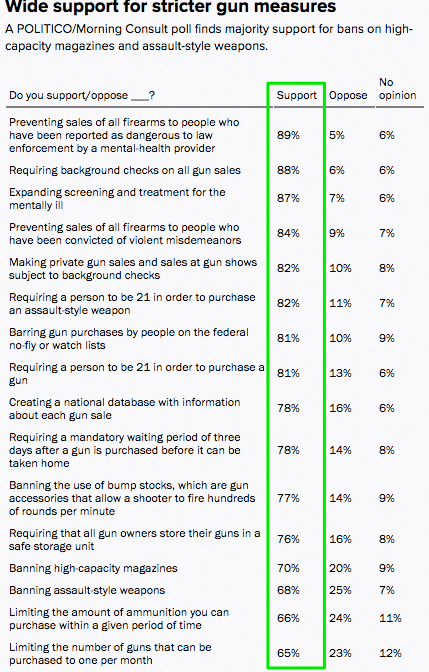 PUTTING NRA CONTRIBUTIONS OVER COMMON SENSE GUN PROTECTIONS. They have blocked
PUTTING NRA CONTRIBUTIONS OVER COMMON SENSE GUN PROTECTIONS. They have blocked